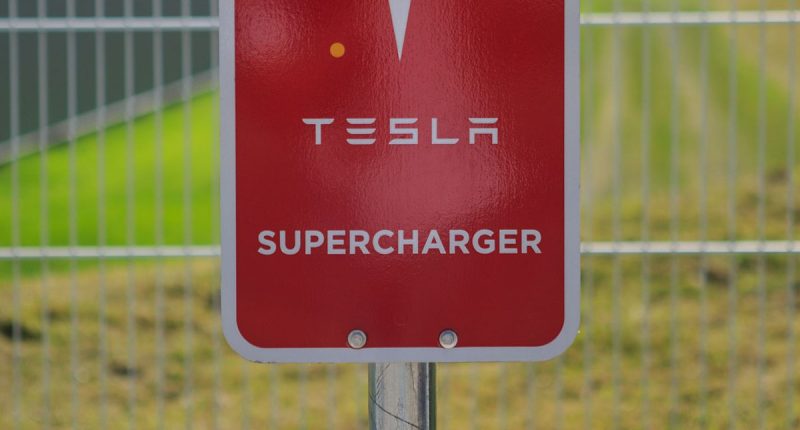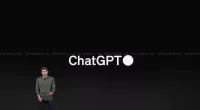Tesla has announced a recall of over 1.8 million vehicles across the United States, marking one of the largest recalls in the company’s history. The recall, prompted by the National Highway Traffic Safety Administration (NHTSA), addresses a critical software issue related to the hood latch mechanism. This defect poses a significant safety risk, as it can prevent drivers from being alerted if the hood is not properly secured.
According to the NHTSA’s regulatory filing, the recall is due to a faulty latch assembly that may fail to detect if the hood is open, posing a significant safety hazard. The affected models span several years and include the 2021-2024 Model 3, Model S, Model X, and 2020-2024 Model Y. Tesla has assured customers that it has not received any reports of crashes, injuries, or deaths related to this issue. The company is addressing the problem through a free software update, and owners will be notified by mail starting September 22. They can also contact Tesla’s customer service for further information.
The primary concern leading to the recall is the potential for the vehicle’s hood to become unlatched while driving. An unlatched hood can fully open, obstructing the driver’s view and significantly increasing the risk of a crash. The recall affects several Tesla models, including the 2021-2024 Model 3, Model S, Model X, and the 2020-2024 Model Y. Tesla is addressing the issue through an over-the-air software update designed to detect an unlatched hood and promptly alert drivers. To address the hood latch issue, Tesla has implemented an over-the-air software update, a method the company frequently uses to resolve such problems. The update enhances the vehicle’s ability to detect an open hood and notify drivers accordingly.
Tesla began investigating customer complaints about unintentional hood openings in certain Model 3 and Model Y vehicles in China earlier this year. These investigations revealed that the problem was due to deformed hood latch switches. Despite fewer reports in Europe and North America, Tesla decided to issue a global recall after conducting comprehensive engineering studies and inspections of the hood latch assemblies. This recall is Tesla’s largest since December when it recalled 2.03 million vehicles to install new safeguards in its Autopilot system. Following reports of 20 crashes involving vehicles with the updated Autopilot system, the NHTSA has opened a probe, highlighting ongoing scrutiny of Tesla’s safety measures.
This latest recall is part of a series of recalls Tesla has faced this year. In January, the company recalled 200,000 vehicles due to a malfunctioning backup camera. In February, Tesla recalled two million vehicles because the warning light text was too small. Subsequent recalls in May and June addressed issues with seat belts and defective windshield wipers, respectively. The recall also comes at a challenging time for Tesla, which recently reported its worst quarterly profit margin in over five years. This financial downturn underscores the company’s struggle to revive auto sales amid slowing demand. Consequently, Tesla’s shares have fallen significantly, falling to $228.18.
The Tech Portal is published by Blue Box Media Private Limited. Our investors have no influence over our reporting. Read our full Ownership and Funding Disclosure →






